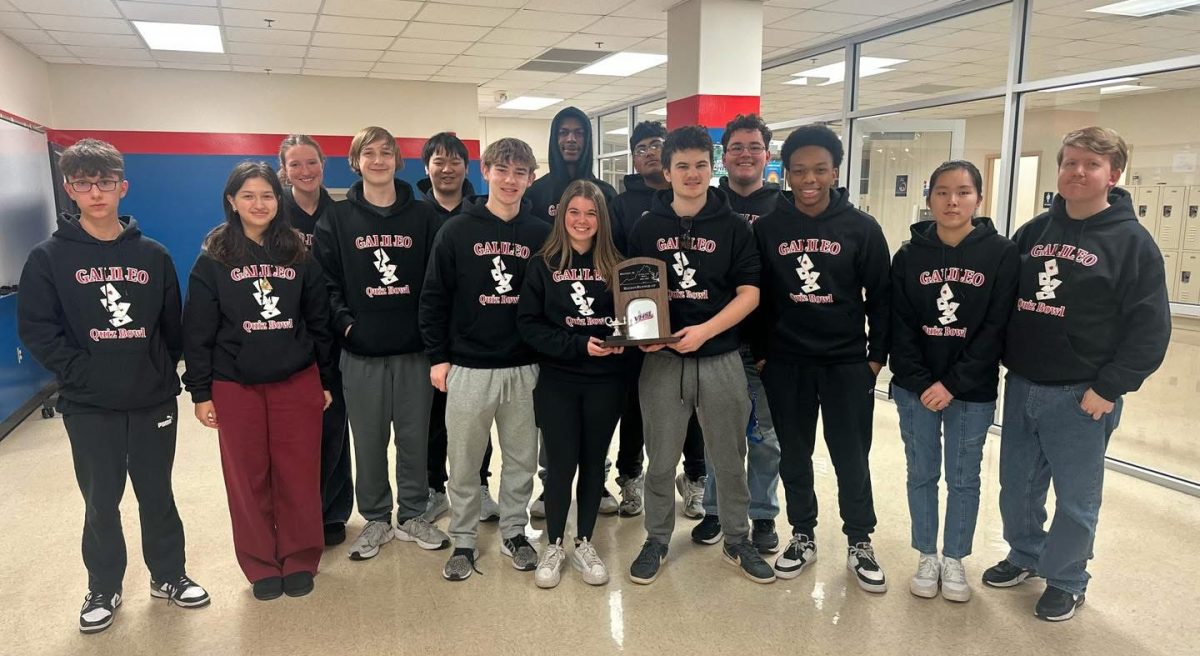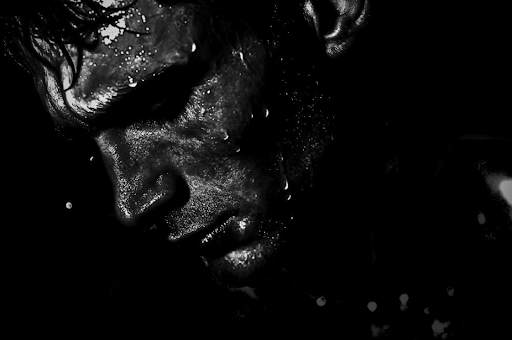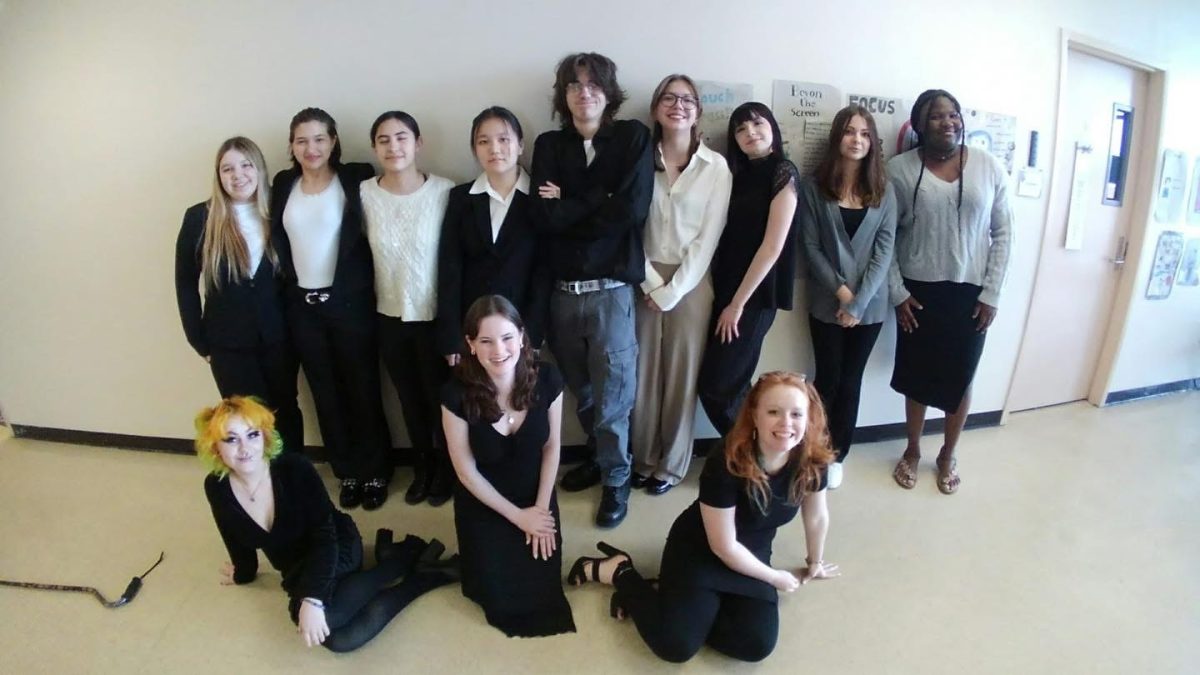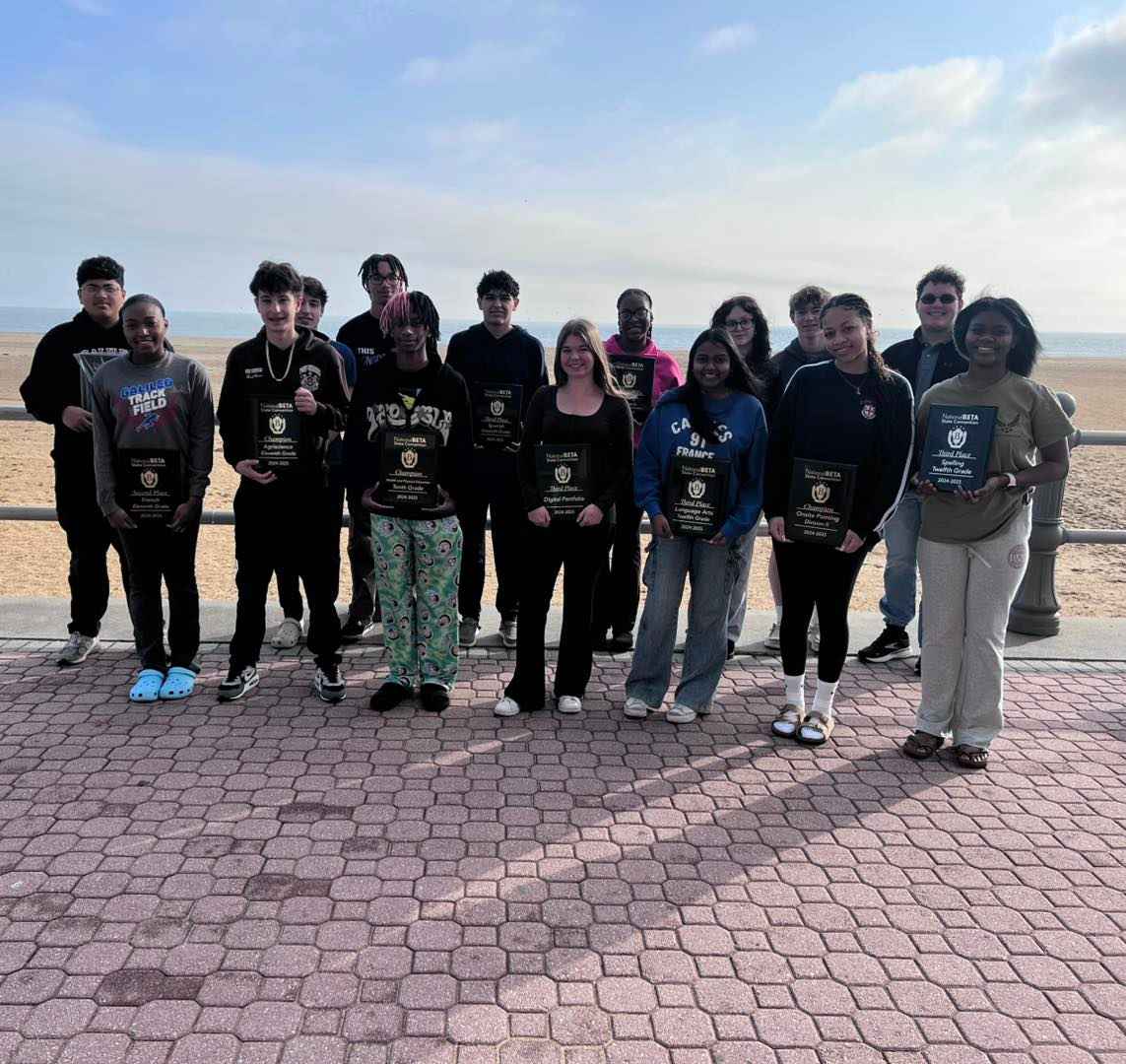Hannibal first aired on April 4, 2013. Developed for NBC by Bryan Fuller, it is a psychological thriller focused around a criminal profiler named Will Graham who works with a serial killer disguised as a psychiatrist, Hannibal Lecter. The show has recently had a surge of new fans after being “rediscovered.” It can be streamed on Prime Video, Pluto TV, AMC+, Philo, Sling TV, and on Apple TV for $1.99.
From the first episode, we begin to see Lecter’s fascination with Graham, and that he desires to change him. He warns Garret Jacob Hobbs—the first killer in the series, and the most prominent in the rest of the show—that Graham is coming for him. It leads to a series of events: the near death of Abigail Hobbs, and Graham making his first kill.
Garret Jacob Hobbs is an important figure in establishing the theme for the rest of the show. Hobbs kills the girls because he loves them, because he loves his daughter. The only way he could find to keep her at his side would be through consuming her, and “honoring” every part of her. So, from the very beginning, Bryan Fuller makes a point to show that cannibalization could be an act of love. It tells us that this is a love story, and that love is all consuming.
Abigail Hobbs is the beginning of the complex relationship between Graham and Lecter. As they both witness her near death, both of them feel the responsibility to take her under their wings. Lecter protects her from a murder charge by disposing of the body. Graham attempts to console her and guide her in the right direction. They view themselves as her fathers, somebody to guide her. She was Lecter’s attempt at a family between her and Will Graham.
In season two, Graham’s efforts to catch the Chesapeake Ripper lead him to a spiritual and emotional alignment with Lecter. As he fails to prove Lecter is the Ripper, he concocts a plan to take him down by warming up to him and gaining his trust. Instead, he finds himself being dragged further down the rabbit hole of Lecter’s manipulation by joining him in killing and cannibalizing people. During the plot to take him down, he joins forces with Jack Crawford. Even then, he is conflicted. While he makes plans with Crawford, he helps Lecter burn evidence in his office.
In the finale of season two, the climax of it all, this goes to show. While at dinner with Lecter, he asks Graham to leave with him, and not to tell Crawford. Graham lies, saying that Crawford deserves to know, and brings up the idea of killing him. Lecter allows Graham to continue lying to him, hoping that he will come clean in the end. This is when he begins to make other plans.
When Alana Bloom calls Graham to warn him of the warrants for his and Jack’s arrest, he does the same thing that sets off everything. Graham calls Lecter to warn him, just as Lecter had called GJH, showing that despite everything that has been done to him, he still cares for Lecter.
He arrives at Lecter’s house, finding Alana Bloom broke on the steps, knowing Jack Crawford has been trapped inside the house. He does not defend himself as Lecter approaches him, only clings to him even as he is gutted. At this moment, Lecter is full of the anger that comes with knowing Graham—who he thought understood him and trusted—betrayed him. Graham knows he is going to die, and he welcomes it, accepting that he deserves it. But before Lecter leaves him on the floor, he whispers to him that he forgives him, and wonders if he will do the same for him—which he does in the second episode of season three after failing to catch him in the catacombs beneath Italy.
The term “memory palace” is often used in the show. Graham’s memory palace is fishing. We see this in season two. It is referred to as a place inside the mind where peace is. He is commonly in his mind when interviewed. In season three, he repeatedly enters into Lecter’s mind palace: a church. This metaphor shows how intertwined their thoughts are, and how they have begun to blur together.
In season three, episode 7, Graham and Lecter have returned to Wolf Trap, Virginia. The final scene takes place in Graham’s home. He awakes from passing out to find himself there, in his bed. Across from him is Lecter’s journal, where he has been writing mathematical equations to figure out the works of time. Lecter wanted to send them back to where it all began, start anew in some sort of way (“Did we talk about teacups, and time, and the rules of disorder?”).
The metaphor of a teacup is commonly used in the series. It is first used in the finale of season two, as Lecter explains what he had envisioned for him, Graham, and Abigail. “The teacup that I shattered did come together,” is used to talk about how when they were once foes in season two, and how later on in that season they became partners and built a bond and trust. “Fate and circumstance have returned us to this moment when the teacup shatters,” is Lecter’s way of saying that his trust in Graham has been broken once more. This scene opens with a teacup shattering on the ground. Graham assures Lecter that the teacup—or, their bond—is broken, and that it will never gather itself back together again, not even in his mind.
The next episode skips eight years, where Graham has had a drastic change to his life. He is married to a woman named Molly, with her son named Wally. They live on a farm with stray dogs while Graham tries to ignore any news of the killer the rest of the season is centered on: The Red Dragon. Molly actually encourages him to leave his family and help find this killer with Jack Crawford. This leads to Graham requiring Lecter’s help in capturing him, by asking him for advice, and using him for bait in the final episode.
The finale of the show captures the true, full essence of Will Graham and Hannibal Lecter’s relationship. Through this entire show—especially in season two—Graham has been trying to bury this idea of becoming the same as Lecter: a killer. After killing The Red Dragon with Lecter—who is also the first person they kill together—they stand on a cliffside, in blood-soaked clothes. Lecter confesses that this was all he had ever wanted for them: to help Graham understand him, and have them come together in their fight. Graham whispered back, in all his honesty, that it was beautiful to see the life he could have had with Lecter.
It was no longer about winning each other over, or helping each other become a “better version” of themselves. It was acceptance of the impossible notion of shaping the other person as what they wanted each other to be. This was Graham’s final acceptance of how Lecter had changed him into his fullest self. In the end, he could never hold back from Lecter and the influences placed upon him.





























